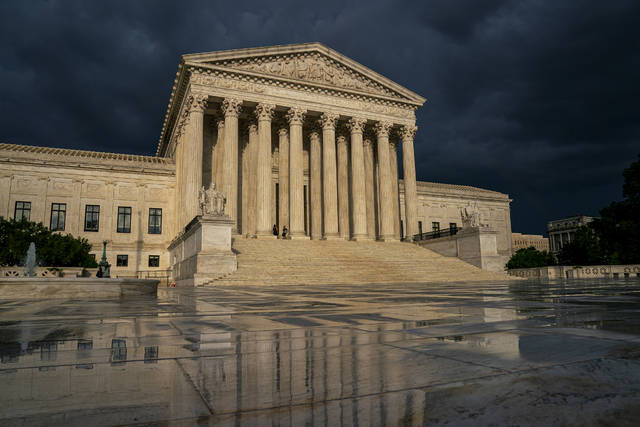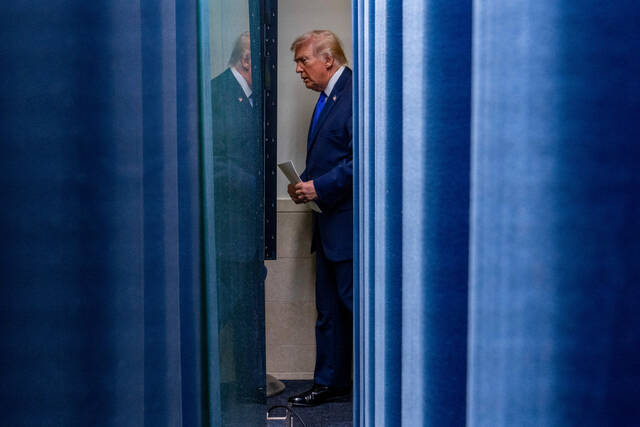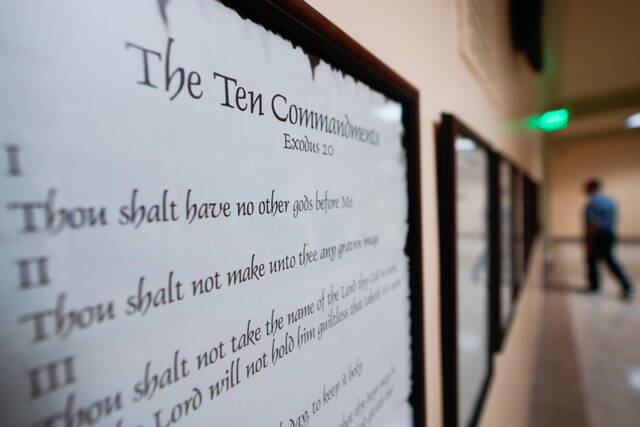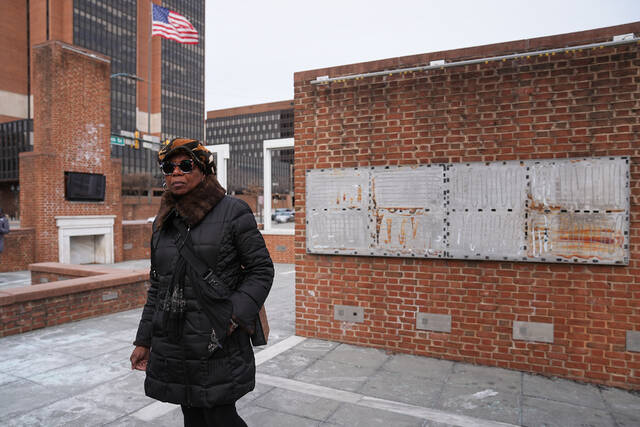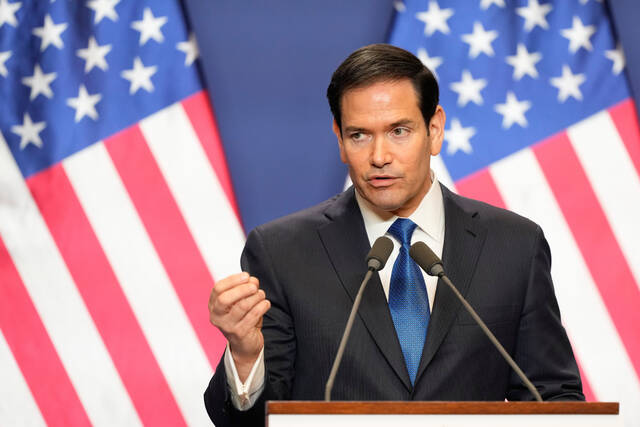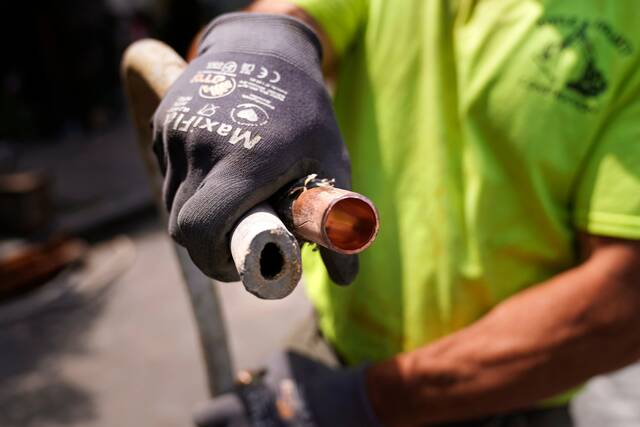WASHINGTON — The Supreme Court put a hold on the Trump administration’s effort to add a citizenship question to the 2020 census.
On the court’s final day of decisions before a summer break, the court said the Trump administration’s explanation for wanting to add the question was “more of a distraction” than an explanation. The administration had cited the need to improve enforcement of the Voting Rights Act.
There was no immediate response from the White House on either Supreme Court decision Thursday.
It’s unclear whether the administration would have time to provide a fuller account. Census forms are supposed to be printed beginning next week.
Chief Justice John Roberts had the court’s opinion, with the four liberals joining him in the relevant part of the outcome.
In response, President Donald Trump said Thursday that he is seeking to delay the constitutionally mandated census to give administration officials more time to come up with a better explanation for why it should include a citizenship question.
Trump’s announcement, in a tweet sent from Japan, came hours after the Court’s decision.
.....United States Supreme Court is given additional information from which it can make a final and decisive decision on this very critical matter. Can anyone really believe that as a great Country, we are not able the ask whether or not someone is a Citizen. Only in America!
— Donald J. Trump (@realDonaldTrump) June 27, 2019
“Seems totally ridiculous that our government, and indeed Country, cannot ask a basic question of Citizenship in a very expensive, detailed and important census, in this case for 2020,” Trump wrote in his tweet. “I have asked the lawyers if they can delay the census, no matter how long, until the United States Supreme Court is given additional information from which it can make a final and decisive decision on this very critical matter.”
A lower court found the administration violated federal law in the way it tried to add a question broadly asking about citizenship for the first time since 1950.
The Census Bureau’s own experts have predicted that millions of Hispanics and immigrants would go uncounted if the census asked everyone if he or she is an American citizen.
Immigrant advocacy organizations and Democratic-led states, cities and counties argue the citizenship question is intended to discourage the participation of minorities, primarily Hispanics, who tend to support Democrats, from filling out census forms.
The challengers say they would get less federal money and fewer seats in Congress if the census asks about citizenship because people with noncitizens in their households would be less likely to fill out their census forms.
Evidence uncovered since the Supreme Court heard arguments in the case in late April supports claims that the citizenship question is part of a broader Republican effort to accrue political power at the expense of minorities, the challengers say.
The Constitution requires a census count every 10 years. A question about citizenship had once been common, but it has not been widely asked since 1950. At the moment, the question is part of a detailed annual sample of a small chunk of the population, the American Community Survey.
The case stems from Commerce Secretary Wilbur Ross’ decision in 2018 to add a citizenship question to the next census, over the advice of career officials at the Census Bureau, which is part of the Commerce Department. At the time, Ross said he was responding to a Justice Department request to ask about citizenship in order to improve enforcement of the federal Voting Rights Act.


